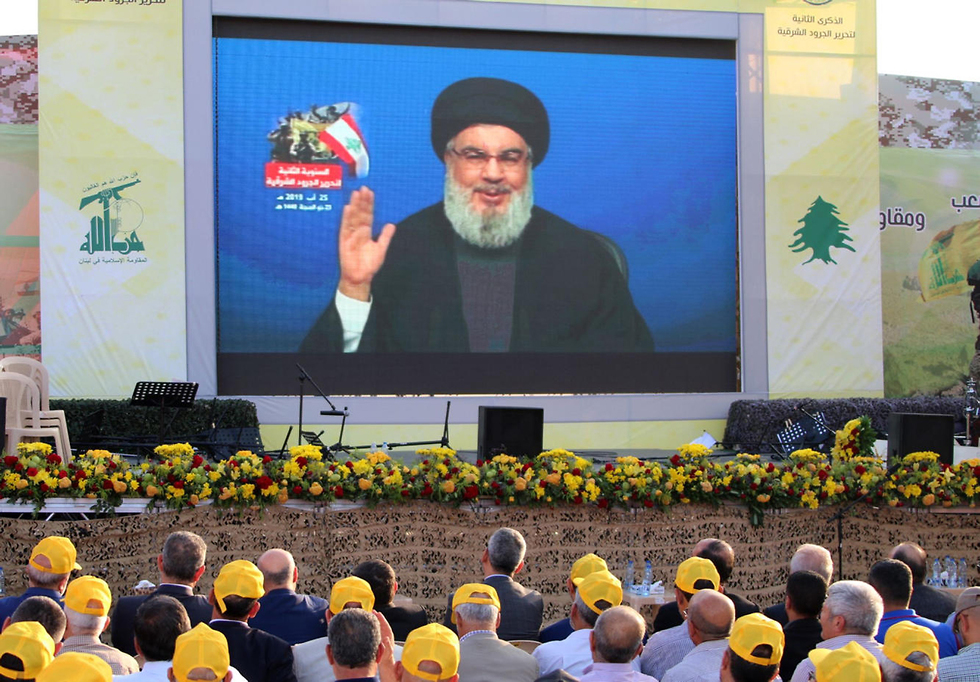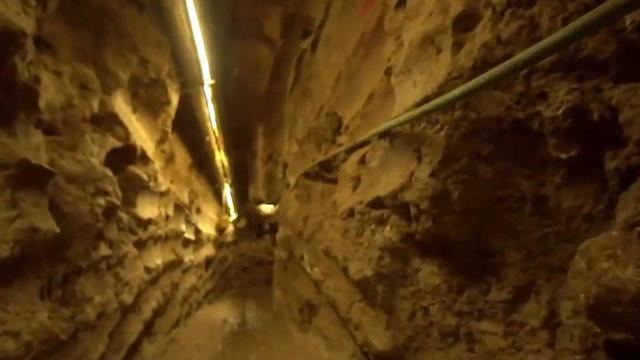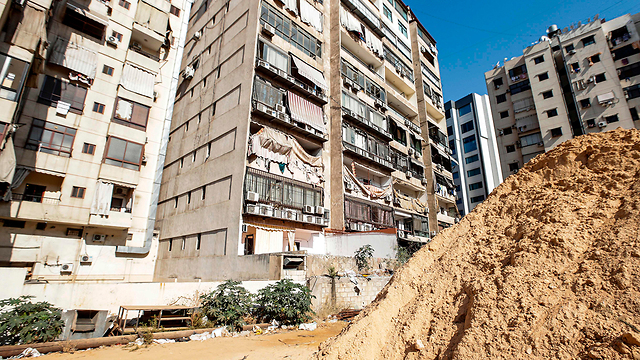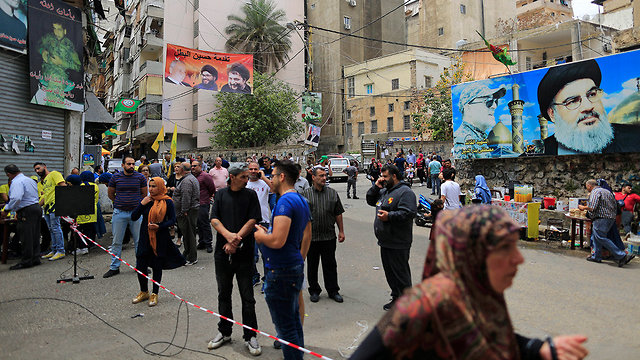
Arab media outlets reported a raid attributed to Israel, this time in Lebanon's Beqaa Valley.
If Israel was behind the attack, it would mark a shift in the balance of power that has existed between the Jewish State and the terror group since 2006.
Both Israel and Hezbollah have violated UN resolution 1701, passed after of the Second Lebanon War, to end the conflict.
Israeli Air Force continues its flights over Lebanon while Hezbollah increases its military capabilities on the border with Israel.
But the number of clashes between the two, over all these years, has remained small and most have occurred in Syrian territory.
overall, Israel has avoided visible action in Lebanon, allowing Nasrallah to claim his enemy is deterred.
But now he has reason to be concerned.
Recent events could indicate a change in Israel's perception regarding Hezbollah's abilities.
The IDF, under the leadership of Lt. General Aviv Kochavi is showing confidence in successfully meeting any threat emanating from Lebanon, head on.
Security officials understand that having completed almost a decade of fighting in Syria, mostly with good results, Hezbollah is now prepared to set its sights on Lebanon's southern border with Israel and should be reminded of its vulnerabilities.
Lebanon is in the midst of an economic crisis. And Nasrallah himself has described his organization's financial state as "tittering on the verge of bankruptcy."
Next month talks are set to begin, with American mediation, on demarcation of a maritime border between Israel and Lebanon.
The outcome of these talks will determine Lebanon's natural gas production, which means millions of dollars that both Hezbollah and the Lebanese government are in desperate need of.
The bottom line is that a military conflict with Israel will most likely abolish any political gain achieved by the Iran-backed movement, whose leader has become the strongest politician in Lebanon.
A divided country, with parts of its population opposed to Hezbollah's policies and actions, will deteriorate quickly towards the destruction of the Lebanese tourism industry and its infrastructure.
Israel is taking full advantage of Nasrallah's vulnerability and is backing him up against the wall.
Officials still think the deterrence achieved at the end of the 2006 war is intact, and this could result in complacency on the part of decision makers. The question is whether Israel is taking a calculated risk by its actions or is this a gamble.
The Shiite leader and his Iranian patrons must be wondering, if Monday's raid on the Beqaa is an isolated event or a change in Israel's strategy.
Was it a message to Lebanon warning, it should prevent Hezbollah from carrying out its threats, or is this a new policy entirely, meant to disrupt the organizations efforts to obtain precise weaponry, by attacking in Iraq, Syria and now in Lebanon?
With Israel's new level of friction with Iran and its proxies, it is up to them to determine the direction this conflict will be taken in.




















